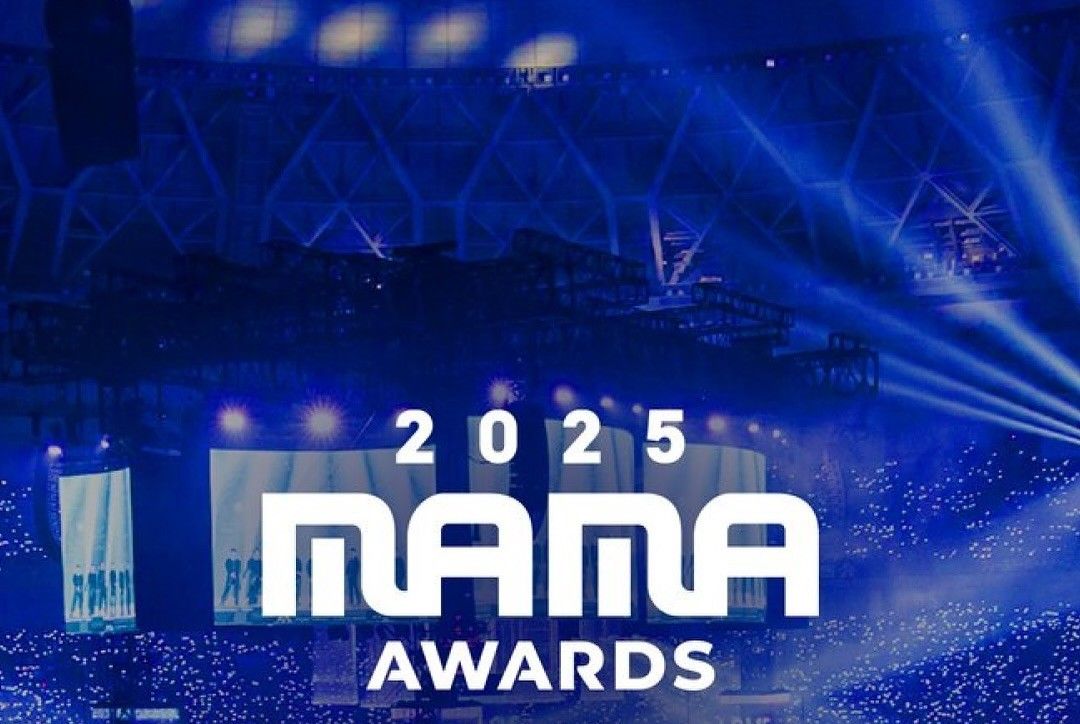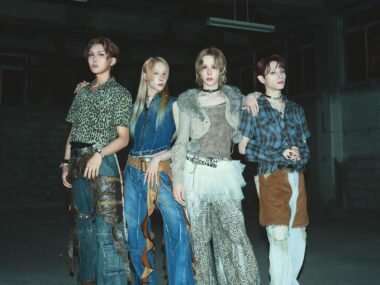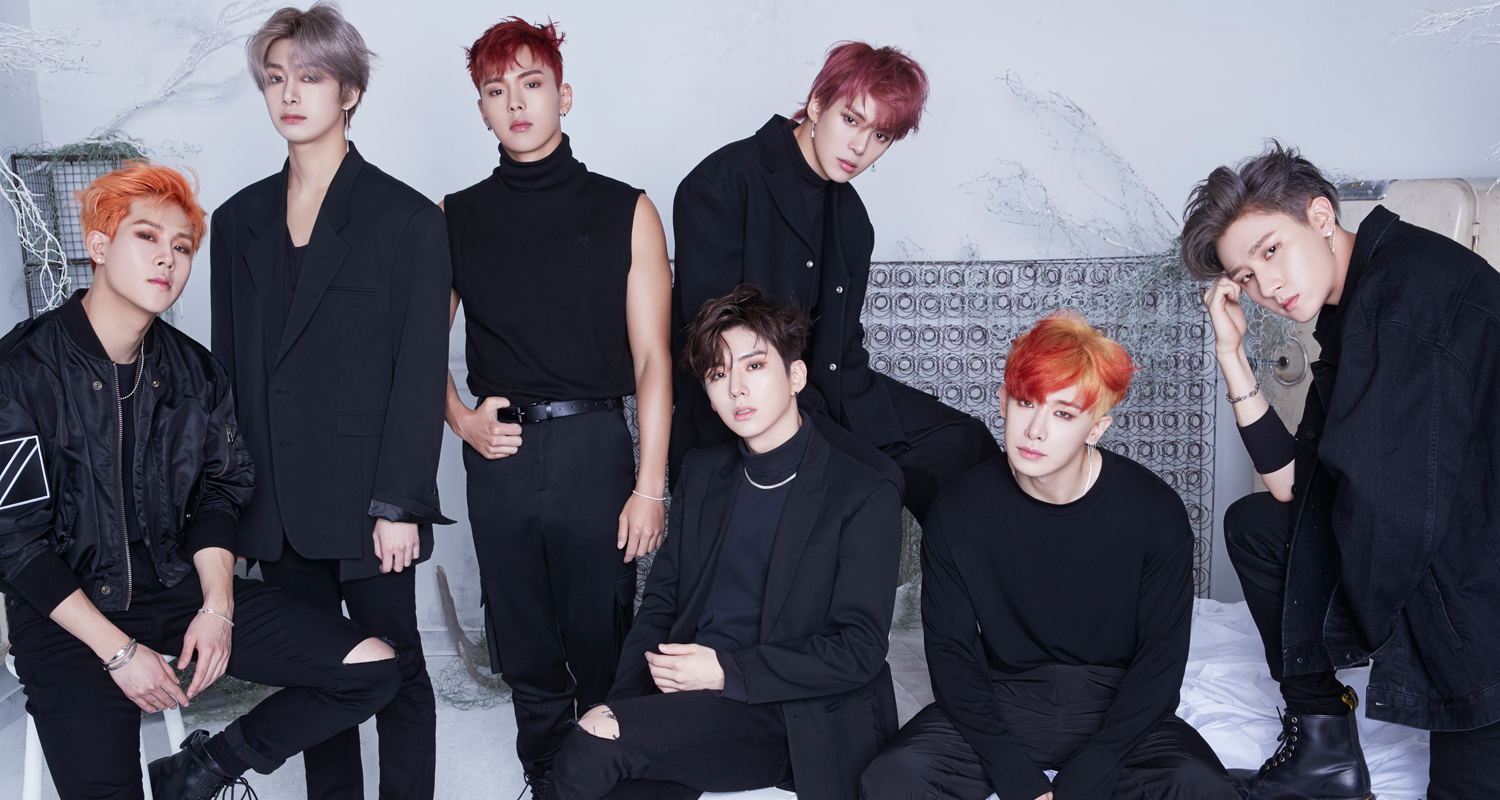The nominations for the 2025 Mnet Asian Music Awards (MAMA) are out. The annual ceremony will take place over two days at the Kai Tak Stadium in Hong Kong on November 28 and 29. Going over the list, there’s something missing that not many are talking about. For the major categories, the nominees consist mainly of Korean groups or groups with a mix of Korean and foreign members.
We got i-dle’s Yuqi (who’s Chinese) for Best female Solo artist and Minnie (who’s Thai) for Best Dance Performance Female Solo. That’s about it.
There’s no Ten Lee, no Lisa (she’s actually the only BLACKPINK member to not score a nomination outside of the group). No JO1 or &TEAM. The only nomination WayV got was for Fans Choice Male. Even the categories for foreign artists in other Asian countries have vanished.
It feels strange to see the one award show that recognized talent beyond South Korea narrow its scope. There are already plenty of award shows that are exclusively for K-pop like the Golden Disc Awards, the Melon Music Awards, etc. MAMA was supposed to be different. It was supposed to honor the best that Asia had to offer, back when the rest of the world didn’t care to listen. Maybe that mission ended when the world paid attention to one specific genre.
When Did MAMA Stop Representing Asia?
When MAMA had its first ceremony in 1999, it made a point of spotlighting artists across Asia. There were country-specific awards for Japan, China, Thailand, and beyond. Those early years felt like a statement. That Asia’s creativity couldn’t be boxed into a single sound or language.
That version of MAMA doesn’t exist anymore.
As K-pop rose to global dominance, Mnet quietly shifted its focus. The show stopped being a pan-Asian celebration. Instead, it became a platform for K-pop’s global expansion. Categories for “Best Asian Artist” by country were reduced, then erased. In their place came voting systems and criteria tailored for K-pop fandoms. They rewarded streaming numbers, fan engagement, an artist’s reach on social media.
By 2022, MAMA’s “Asian” identity had been condensed into a single, often symbolic “Favorite Asian Artist” award. It was frequently given to acts already connected to Korean agencies or CJ ENM’s own ventures. The message was subtle but clear. For Mnet, Asia begins and ends with K-pop.
How Branding Replaced Representation
There’s a reason for this shift, and it’s not purely cultural. It’s strategic.
Mnet and its parent company CJ ENM saw that MAMA’s global appeal grew as the show became synonymous with K-pop rather than Asian music as a whole. In other words, the genre’s popularity made the “Asian” part of MAMA unnecessary to its business model.
Logistics and politics also played a role. Hosting an event that rotates between Seoul, Hong Kong, Japan, or other countries requires diplomacy, resources, cross-border collaboration. With K-pop’s dominance, Mnet can host their award show just about anywhere.
What began as a celebration of diversity turned into a showcase of uniformity. A sleek, well-produced ad for K-pop’s global appeal.
What This Says About K-pop’s Place in Asia
By centering Korean acts almost exclusively, Mnet has created a closed system where “Asian music” is now defined through a Korean lens. Even artists from other Asian countries need to debut under Korean entertainment companies to be considered eligible.
It’s a reflection of hierarchy. MAMA no longer reflects Asia’s collective music culture. It reflects K-pop’s power within it.
The more K-pop grows globally, the less incentive there is to share the stage with anyone else. That’s the real tragedy. A show that once symbolized regional unity has turned into another instrument of dominance.
Maybe this was inevitable. When K-pop went global, MAMA followed. The awards show that promised to lift up Asian artists now uses its spotlight to make K-pop the center of the universe.
It’s hard not to wonder what the “Asian” in Mnet Asian Music Awards even means anymore. If the show no longer reflects the region’s diversity, is it still serving the mission it was built on?
At this point, Mnet should just change MAMA’s name. Maybe replace ‘Asian’ with ‘Artist’ or maybe do a rebrand with a new name that reflects what it really is: a celebration of K-pop, not Asia.






